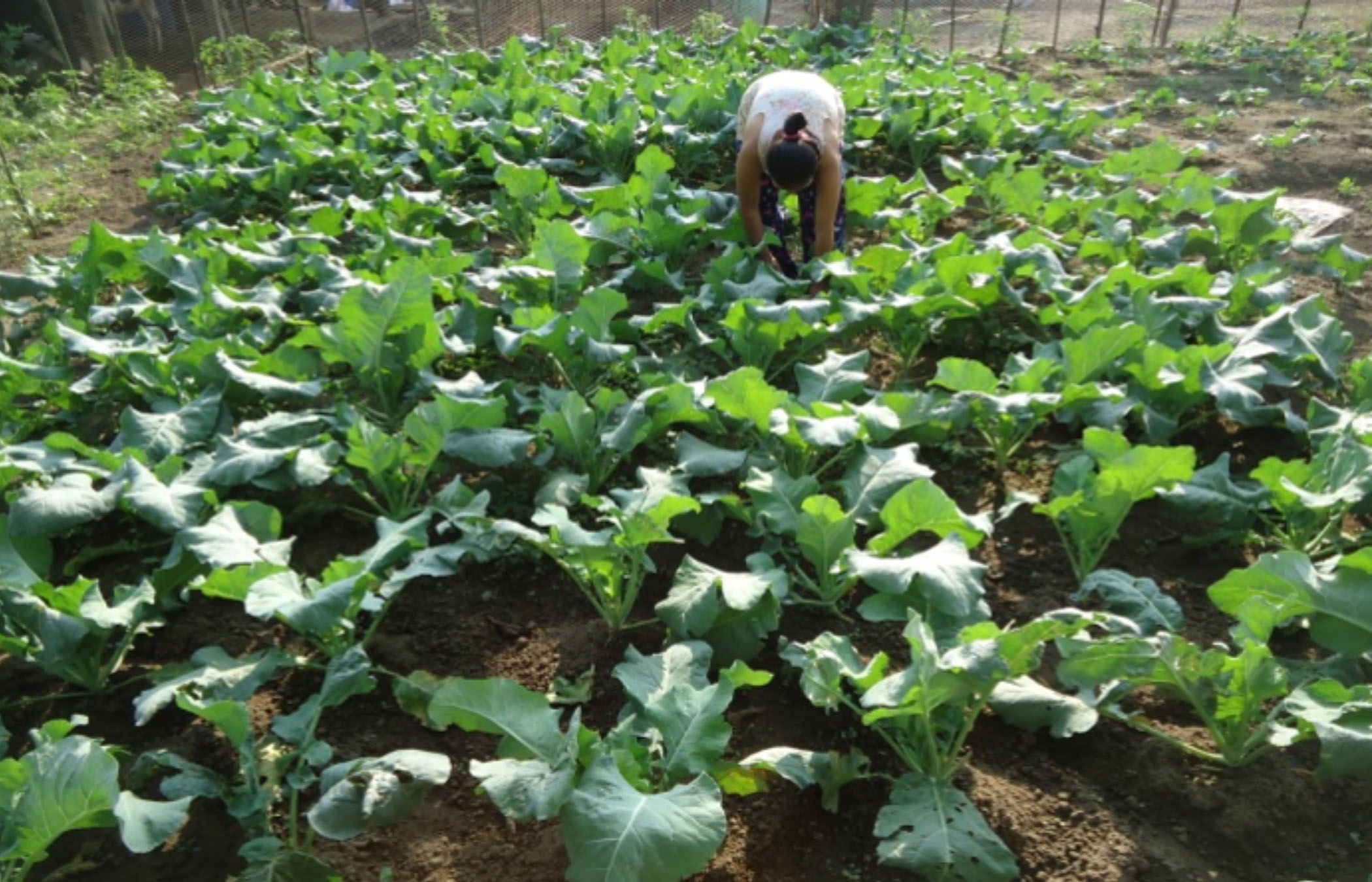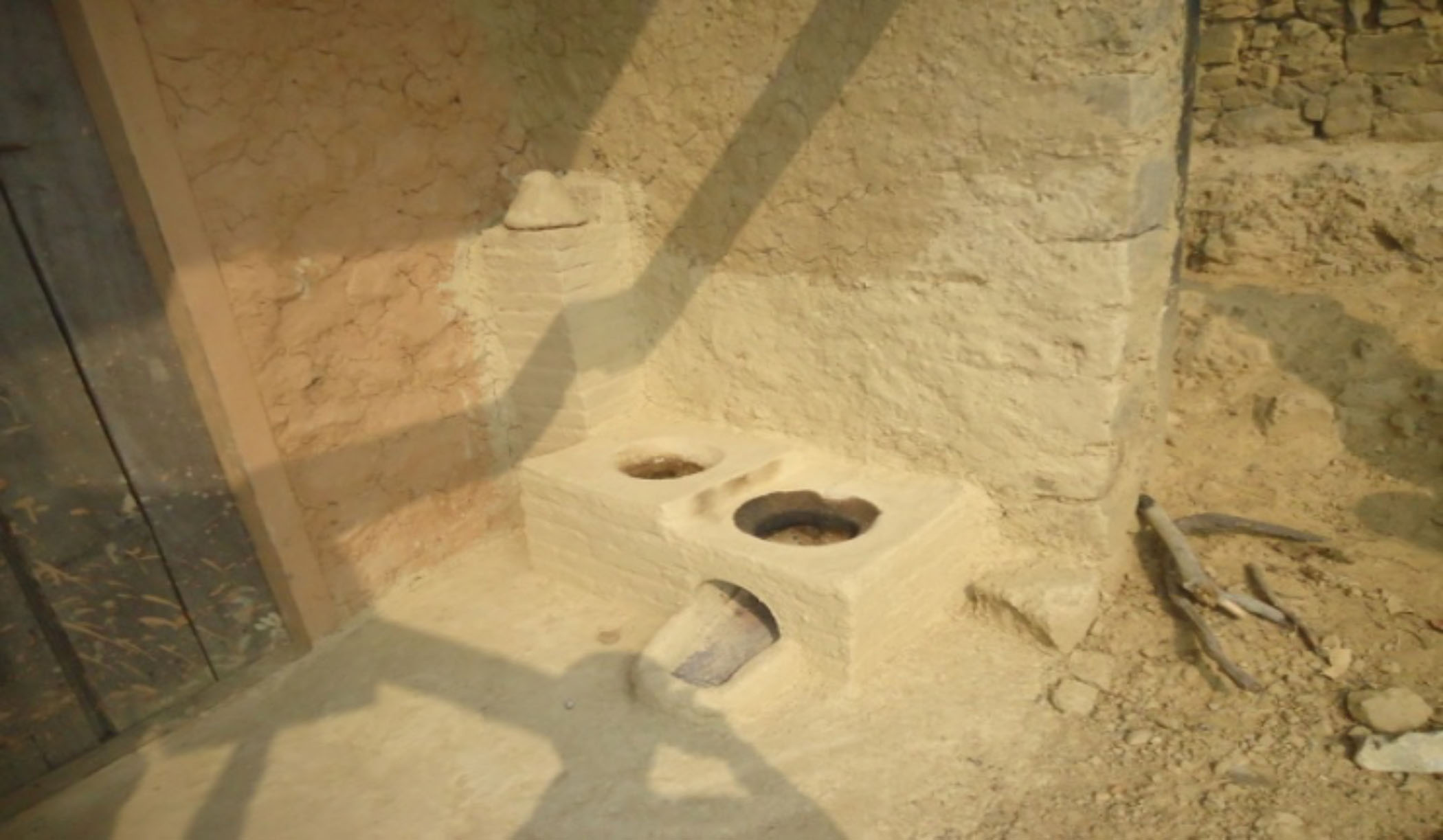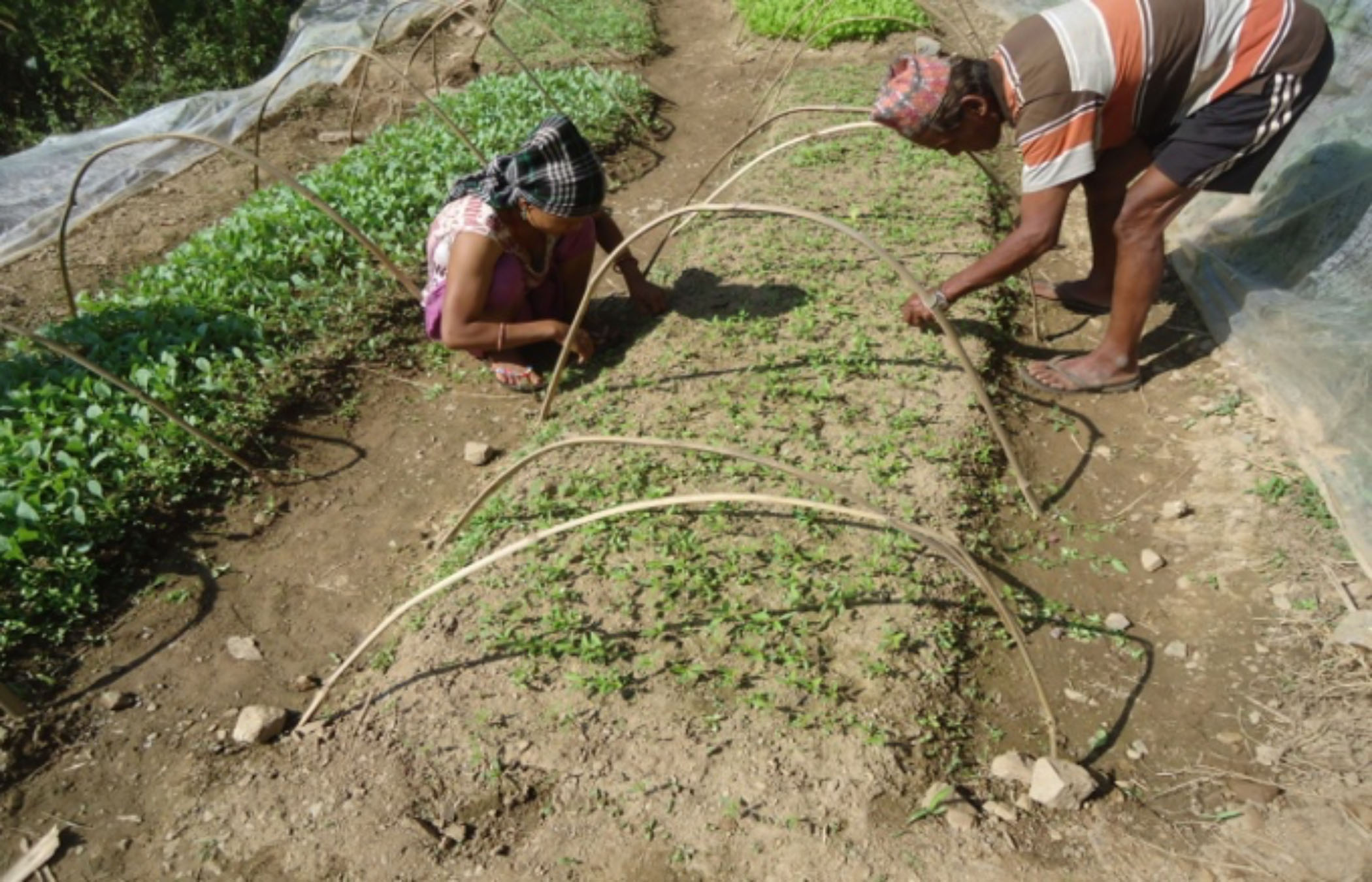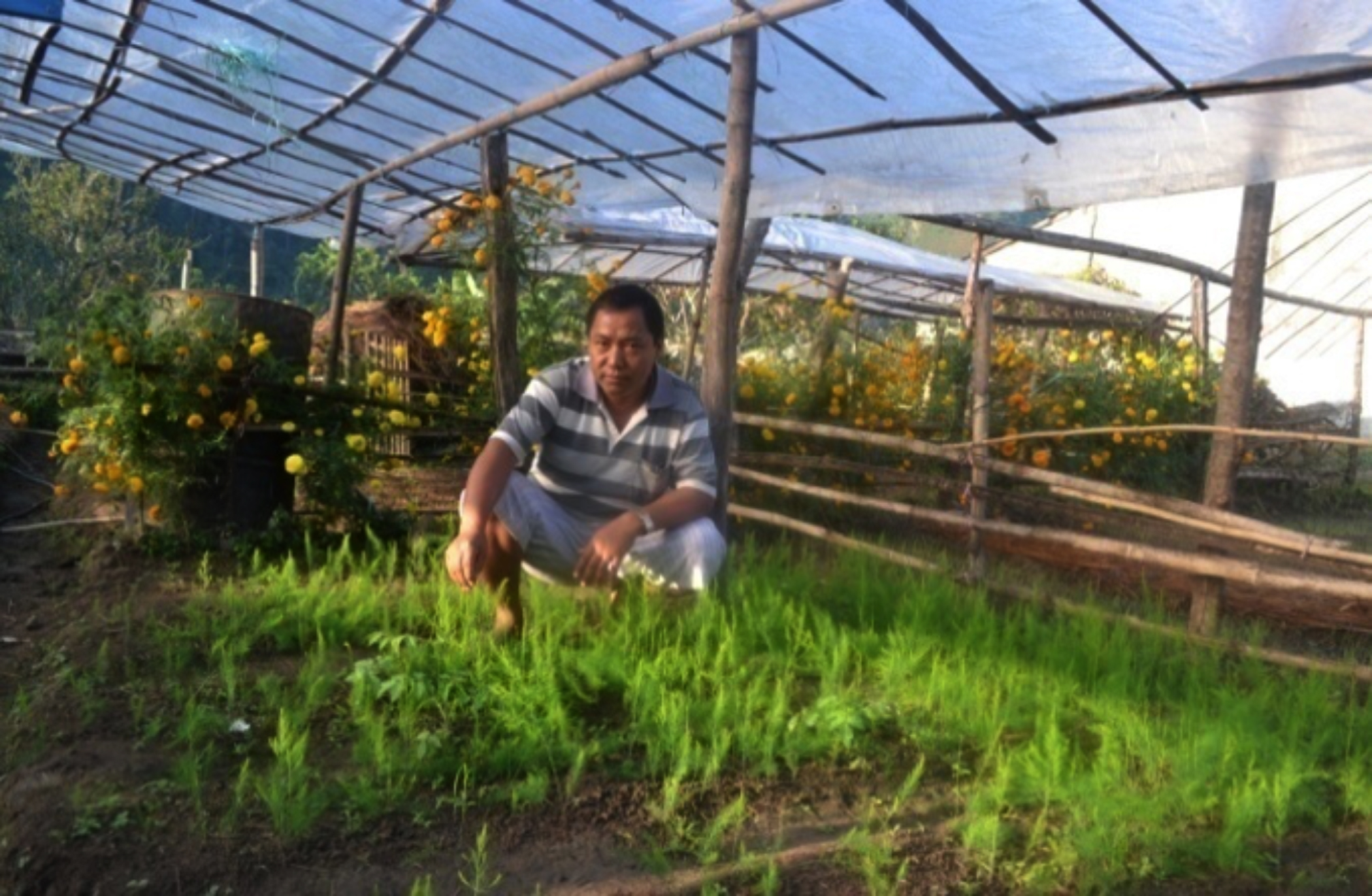All Stories
MDC Nepal is a non-profit organization bringing happiness and prosperity in the rural communitites of Nepal.

Laborious Women Have Wise Thoughts
Bhumisara Ale, aged 33 years, permanent resident of Devghat RM-1, Kota Aaptar of Tanahu district. Her family is comprised of a total of 5 family members including 2 sons, husband, and mother. She owns 10 Ropani (4,760 m2) of land. Even though, she has a difficulty combating food security because of traditional farming and lack of knowledge on improved technological transformation.
→

Health Status Changed with Introduction of Improved Cooking Stoves
Firewood is used to cook food in many households in Nepal. There is a subsequent effect caused by smoke to the family, not only to the person cooking also to the children and other family members nearby the stove. To reduce the effect caused by the smoke and improve the living condition improved cooking stove (ICS) was introduced in the Chepang community of Sarikhet-7 Anpbari.
→

Change in Knowledge, Behavior, and Life
“Today, I actually have followers. Can you believe it?” Magar said. “The projects might have ended, but they’ve left me with the knowledge, skills, and the infrastructure necessary to access market opportunities and will remain with me for life.”
→

A Dream Come True When with the Support Needed Says Arun Lama
Mr Amar Lama, 37, resident of Namtar VDC Ward No. 7 Timuretole, is sole breadwinner for his family of 9 consisting of 5 children, his parents and his wife. They practiced the traditional methods of farming and the results always seemed inadequate. Despite best of efforts, he was not able to grow enough crops to feed his large family and he often had to migrate to Kathmandu to find work with low-paying wages. His financial situation was bad, and his measures were always falling short. They were not able to afford even the most basic requirements of life such as food, clothes, healthcare, education, etc.
→